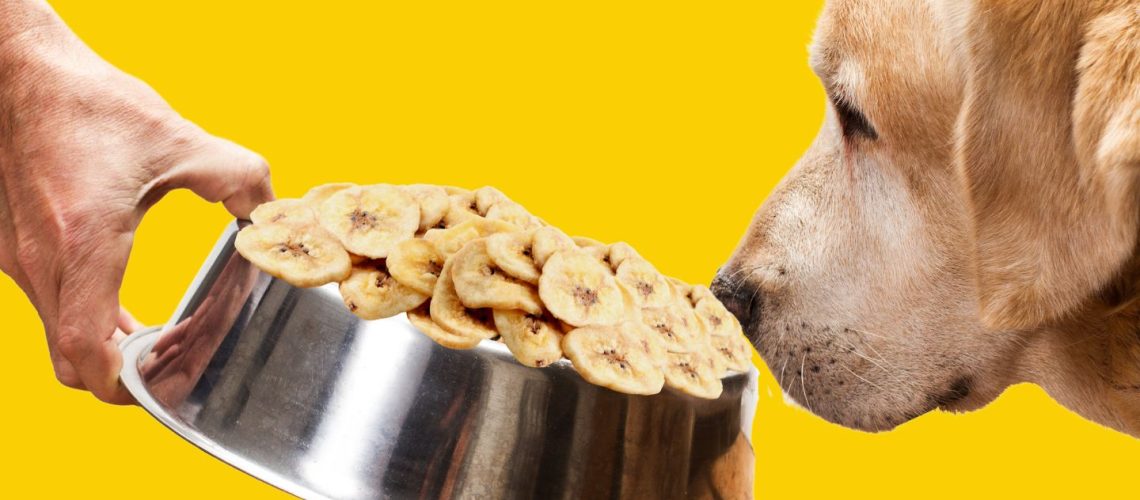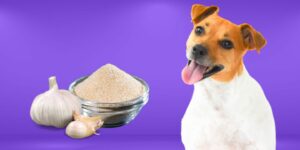Dogs can eat banana chips in moderation, but it is not a recommended part of their diet. Banana chips are often fried and coated in sugar, making them high in calories and unhealthy for dogs. In addition, the small size and hard texture of banana chips can pose a choking hazard for dogs.
Potential Dangers of Banana Chips for Dogs
Eating too many banana chips can lead to weight gain and obesity in dogs, which can, in turn, cause a range of health problems such as joint problems, heart disease, and diabetes. Banana chips are also high in sugar, which can cause dental problems and contribute to obesity.
Additionally, the small size and hard texture of banana chips can make them a choking hazard for dogs. Dogs may also have difficulty digesting the high-fat and high-sugar content of banana chips, which can lead to stomach upset and other digestive issues.
Moderation is Key
If your dog does manage to get ahold of a few banana chips, it is not likely to cause any serious harm. However, it is important to keep in mind that banana chips are not a healthy or nutritious snack for dogs, and therefore while not toxic, they are still not recommended.
Recommended Portion Size
In conclusion, while dogs can technically eat banana chips, it is not recommended as part of their regular diet. If you do choose to give your dog a banana chip as a treat, it is important to do so in moderation and to monitor them closely. For example, a medium-sized dog can safely eat 2-3 banana chip pieces.
Healthier Alternatives for Dog Treats
Instead of banana chips, there are several healthier snack options that can be given to dogs, which provide essential nutrients and pose less risk to their overall health.
Fresh Bananas
Offering small pieces of fresh bananas to your dog can be a healthier alternative to banana chips. Bananas are rich in potassium, vitamins, and fiber, which can benefit your dog's overall health.
Homemade Banana Dog Treats
You can create homemade dog treats using bananas and other dog-friendly ingredients. This allows you to control the amount of sugar and fat in the treats, making them a healthier option for your pet.
Other Fruits and Vegetables
Dogs can also benefit from a variety of other fruits and vegetables, such as apples, carrots, and blueberries. These options provide essential nutrients and antioxidants, without the added sugar or fat found in banana chips.
Tips for Introducing New Treats to Your Dog's Diet
When introducing new treats or food items to your dog's diet, it's important to do so gradually and with caution. This can help minimize any potential digestive issues or allergic reactions.
Start with Small Portions
Begin by offering your dog a small amount of the new treat to see how they react. If they show no signs of discomfort or distress, you can gradually increase the portion size over time.
Monitor for Allergic Reactions
Keep an eye on your dog for any signs of an allergic reaction, such as itching, redness, or swelling. If you notice any of these symptoms, discontinue the new treat immediately and consult your veterinarian.
Consult with Your Veterinarian
Before introducing any new treats or food items to your dog's diet, it's always a good idea to consult with your veterinarian. They can provide guidance on the best options for your dog's specific nutritional needs and overall health.
Conclusion
While dogs can eat banana chips in moderation, it is not an ideal treat due to the high calorie, sugar, and fat content. Instead, consider offering healthier alternatives such as fresh bananas, homemade dog treats, or other fruits and vegetables. Always introduce new treats gradually and consult with your veterinarian to ensure you are providing the best nutrition for your pet.


























